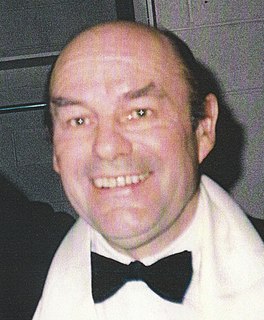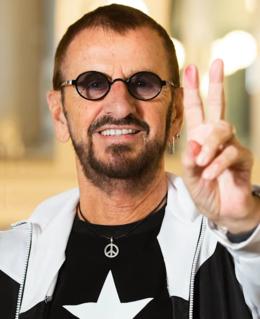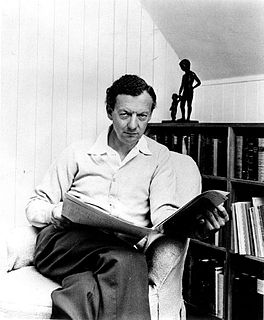A Quote by Crispin Glover
For me, listening to Beethoven and Tchaikovsky in particular, there's an emotional aspect - very different kinds of emotional aspects from those two composers, nonetheless, very strong emotional aspects from both of those composers.
Related Quotes
Sociopaths differ fairly dramatically in how their brains react to emotional words. An emotional word is love, hate, anger, mom, death, anything that we associate with an emotional reaction. We are wired to process those words more readily than neutral, nonemotional words. We are very emotional creatures. But sociopaths listen as evenly to emotional words as they do to lamp or book - there's no neurological difference.
I've always felt there were aspects of me that were monstrous, and you can either hide from it or confront it, embrace it and understand that those are aspects that make you unique and define you and motivate you. You can either overwhelm or overcompensate for them -- but they truly define you as a human being...So that life became a question of either dealing with this monstrousness in one way or another...One finds a way to understand and make friends with that monster and understand that that's the very thing that makes you who you are. That's your emotional and spiritual fingerprint.
It's really good to talk about it [ hydraulic penises and prosthetic butts], and it's very gratifying when people ask us about the other aspects of the film [Swiss Army Man], but [those things] are part of the movie and they're important and hilarious, a very fun part of the movie, so there's no sense from us of not wanting to talk about that. I think it's exciting that those things exist in a film that is also very heartfelt and emotional and profound.
I think we need to reckon in a very serious way with the emotional content of news and the way that people perceive facts and their perception of their situation and to me I think the tabloid is like fundamentally an emotional form of journalism and that kind of emotional valence is what distinguishes it from the broad sheet.
Emotional intelligence in the work that we do, in the Resolving Conflict Creatively Program, is about equipping young people with the kinds of skills they need to both identify and manage their emotions, to communicate those emotions effectively, and to resolve conflict nonviolently. So it's a whole set of skills and competencies that, for us, fall under the umbrella of emotional intelligence.
Ringo: 'I do get emotional when I think back about those times. My make-up is emotional. I'm an emotional human being. I'm very sensitive and it took me till I was forty-eight to realize that was the problem! We were honest with each other and we were honest about the music. The music was positive. It was positive in love. They did write - we all wrote - about other things, but the basic Beatles message was Love.
I think hunger is a natural state of being for most people. I mean, hunger is a desire - and you don't only have physical hunger, you have emotional hunger. A lot of my hungers are, in fact, emotional. I think a lot of fat people's hungers are emotional. There are things we very much want, and it can be so difficult to satisfy those hungers. Yet we try. We try so hard.
I think the reason that swearing is both so offensive and so attractive is that it is a way to push people's emotional buttons, and especially their negative emotional buttons. Because words soak up emotional connotations and are processed involuntarily by the listener, you can't will yourself not to treat the word in terms of what it means.



































